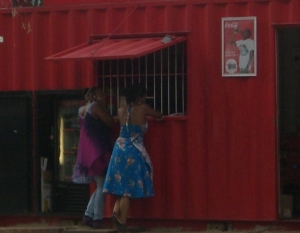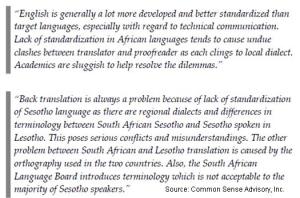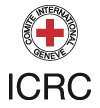Today, many young Americans communicate using a hybrid language comprised of English words, acronyms, emoticons and jargon that has proven incomprehensible to older web users. Furthermore, the methods people have historically used to communicate (letters, phone calls, face-to-face visits, etc.) are slowly being replaced by less personable alternatives like text messages, email and various social media platforms. Though the digital age has proven highly innovative, many linguistic experts (and people over the age of 40) complain that ‘Online English’ has done nothing but create a generational gap.
In recent years, the English language has undergone a significant transformation due to increasingly widespread Internet access on a global level. ‘OMG (oh my God)’, ‘LOL (laughing out loud)’, ‘CUL8R (see you later)’ and other web-based colloquialisms have transcended digital media and become part of the common vernacular. Terms like ‘text’, ‘tweet’ and ‘like’ have taken on new meanings, while others (i.e. ‘unlike’ and ‘de-friend’) have organically derived from online activity. Commas, apostrophes and other punctuation marks are rarely utilized. Many have argued that ‘webspeak’ is not even technically English, anymore.
But interestingly, not all language experts are opposed to these changes. Anne Trubek, an associate professor at Oberlin College, recently noted in Wired Magazine that English scholars did not emphasize proper spelling until the 18th century. She also adds many of today’s common grammatical errors are done out of necessity (and not ignorance), since the appeal of texts, tweets and other platforms comes from the ability to send a message very quickly.
In addition, a recent study by professors at Slovenia’s University of Maribor noted that the evolution of English has actually slowed down when compared to centuries past; popularity of words in the 16th and 17th centuries, for instance, was particularly fleeting. According to Colin Schultz of Smithsonian Magazine, these findings contradict the notion that texting and Internet language are desecrating English. “Languages change, it’s just what they do,” he told redOrbit.
However, there is significant evidence that ‘webspeak’ is alienating older generations. According to Generations on Line, nearly half (47 percent) of Americans over the age of 65 cannot use the Internet; comparatively, 15 percent of the same population could not use the Internet in 2000. The strange technology and unfamiliar equipment plays a significant role, but the language used on the web can be just as confounding for inexperienced users.
This problem is certainly not exclusive to elderly individuals, either. As writer Diana M. Weber recently posited, vocabulary and jargon derived from texts and tweets often form a barrier between parents and adolescent children. “Cyber slang and acronyms are replacing the inherent need for real conversation and human interaction,” she noted. “As this generation cultivates an encrypted language understood by their peers exclusively, parents are less in tune with who and what their kids are involved in.” She adds that communication in part rests on the ability to share colloquialisms, non-sequiturs and other specialized uses of a given language – and thanks to webspeak, many adults have no idea what their kids are trying to say (often to the detriment of their authority as parents).
So far, the most effective solution seems to be outreach. The aforementioned Generations on Line is merely one example of organizations attempting to educate older Americans about the Internet. Other countries have also implemented measures to make their elderly citizens more ‘web literate’. Great Britain’s Nominet Trust, for example, conducts comprehensive studies to determine the various barriers between old people and online engagement, while New Zealand’s Mental Health Foundation annually holds texting workshops for elderly cell phone users. These measures are not solely promoted for practical reasons; according to a study by the Phoenix Center, spending time online may reduce depression in elderly people by as much as 20 percent.
As society transitions toward complete digitalization, it is key that our elderly counterparts are not left behind. We live in an age of great communicative capabilities, and arguably no one appreciates these progressions more than men and women who wrote letters, listened to radio programs and only used the telephone on special occasions.
***
Alexa Russell, author of online resources for students interested in enrolling in undergraduate English degree programs, writes here about how the evolution of English, spurred by the widespread use of the Internet, makes intergenerational communication increasingly difficult. Although this article discusses the importance of understanding a language on a personal level, there are broader consequences to changes in English, as evidenced by Terminology Blog’s post about how many languages the International Committee of the Red Cross must communicate in every year.









